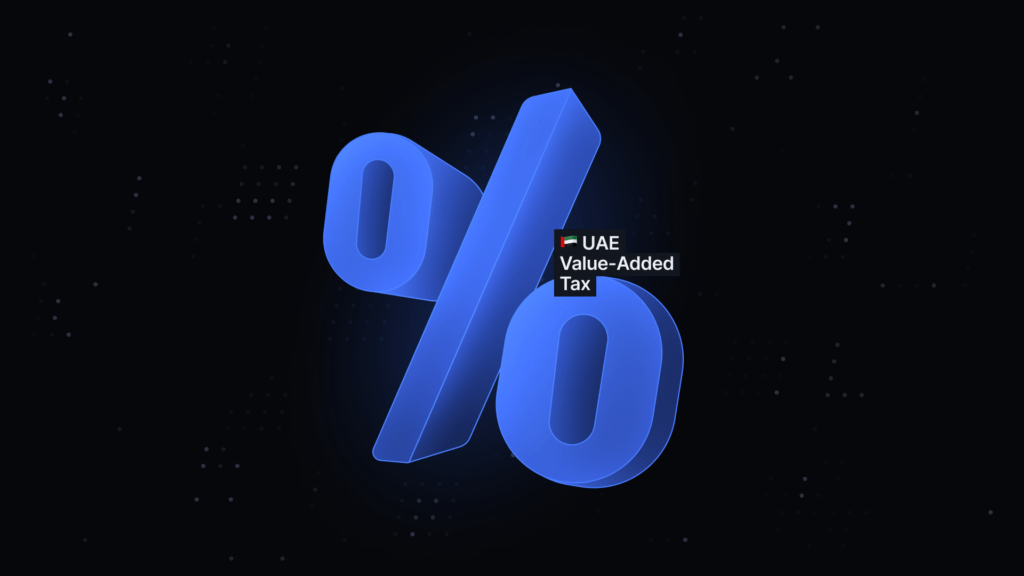
UAE is lifting off crypto from the total Value-Added Tax
As Dubai becomes the mecca of cryptocurrencies, the UAE government is lifting several tax obligations related to cryptocurrencies and its services.
In the latest changes announced by the Federal Tax Authority (“FTA”) on October 2 2024, the Executive Regulation of Federal Decree-Law No. 8 of 2017 on Value Added Tax (“Executive Regulation”) has been amended. This move directly corresponds with the latest trends within the financial services that often offer consultancy and advice within the cryptocurrency market.
The amended part of the mentioned Article 42 now states: “Additional services are exempt from VAT:
- The management of investment funds
- Transferring ownership of Virtual Assets, including cryptocurrencies
- Converting “Virtual Assets”
Worth noting that according to the Federal Tax Authority of UAE “Virtual Assets” are defined as a “Digital representation of value that can be digitally traded or converted and can be used for investment purposes, and does not include digital representations of fiat currencies or financial securities..”.
As a result of these changes, any company that directly profits from providing any “Virtual-assets”-related services can now claim back a certain percentage of the mentioned service from the total VAT paid by such.
Crypto Industry
However, certain industry experts are generally sceptical towards the taxation of the “Virtual assets” and crypto industry.
Omar Tucker who currently holds the position of “Chief due diligence officer” at Tectum has openly criticised a general consensus on the state controlling the web3 sector: “No, I do not believe that the direct p2p transactions between two people should be regulated by a third party, in this case – a government.”
Moreover, Tucker is deeply convinced that economic prosperity is dependent on digital independence: “I see that further web3 development and digital independence will truly grant us a path to a new economic era”.
It is evident that the web3 and crypto industry are essential for further technological development of the world and would directly impact the regional economy based on the proximity of crypto-related companies within the specific location. Therefore, certain regions and countries are already creating a sufficient business environment aimed at attracting web3 and blockchain corporations. It is often done via loose legislation regime and Foreign Direct Investment friendly policies, as currently in Dubai. On the other hand, while attracting crypto and FDI, the state is expecting something in return, quite often – the tax based on the revenue.